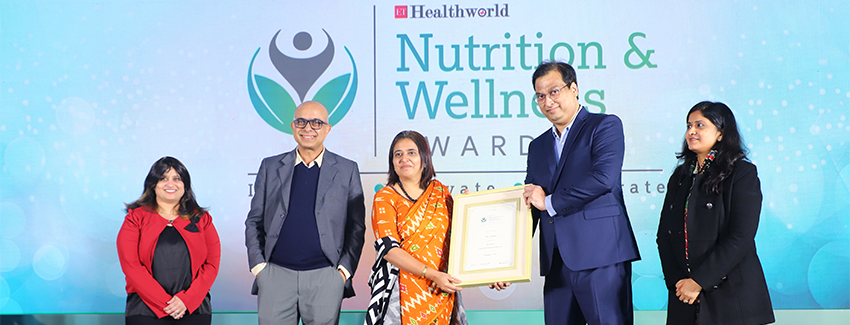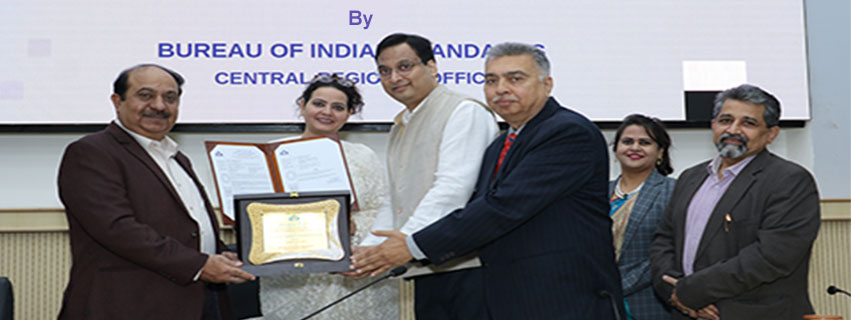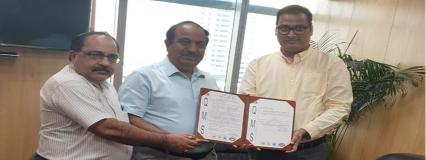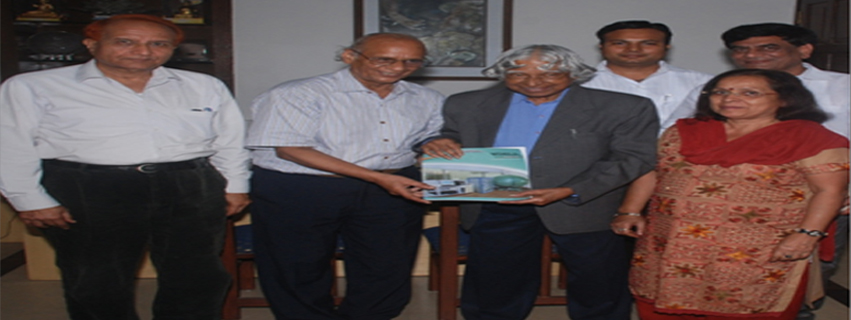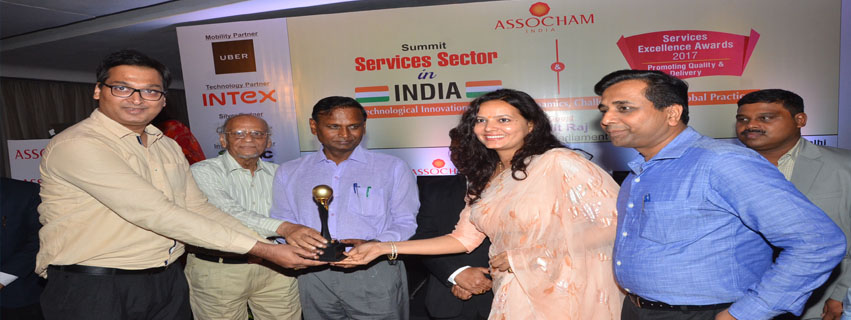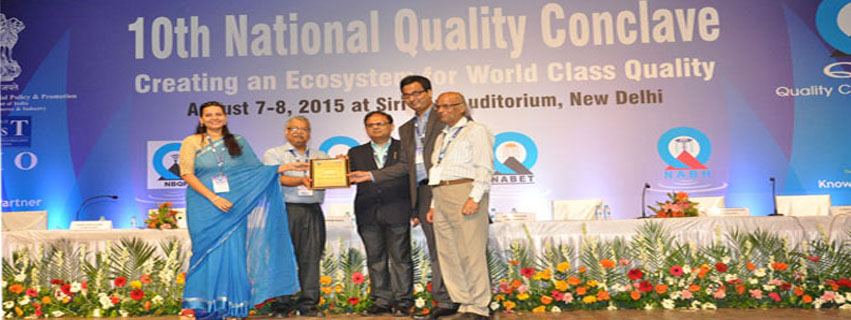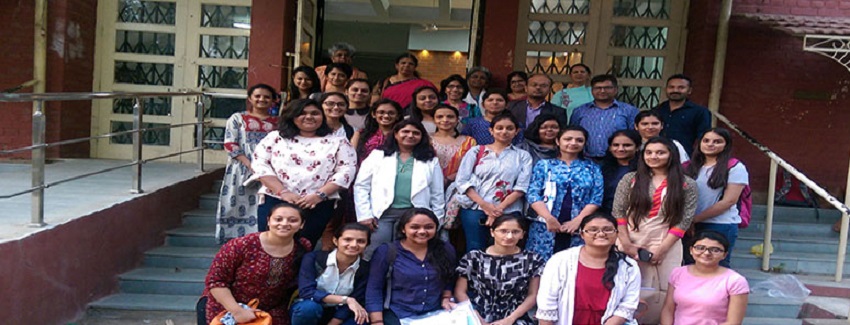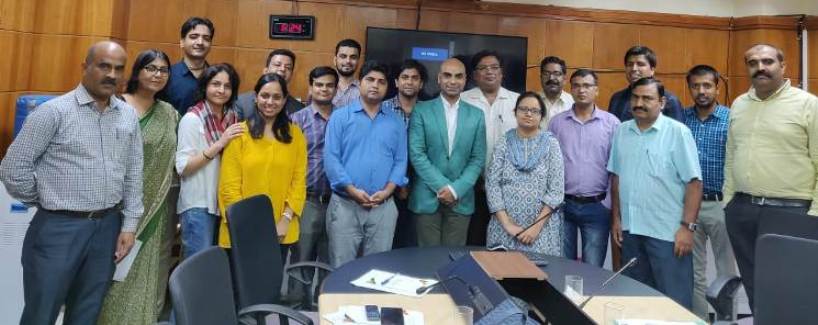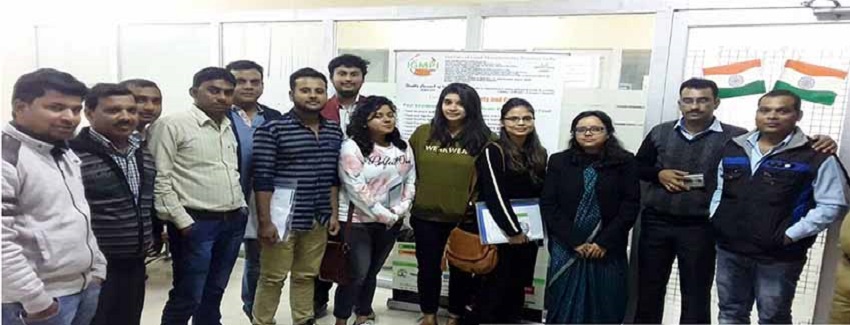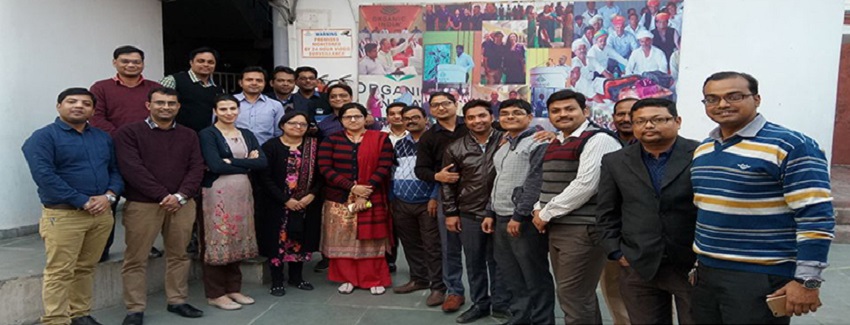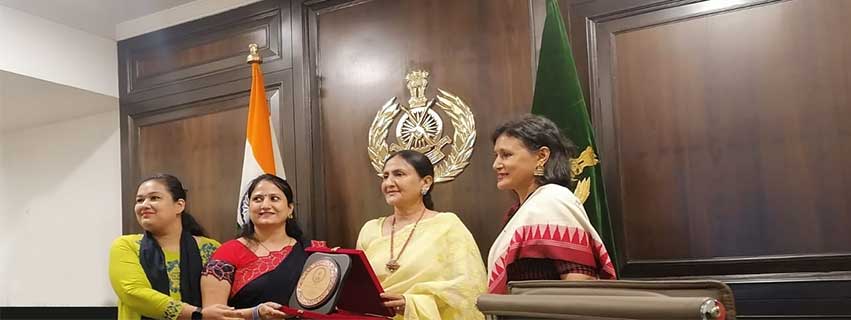(An Autonomous Body Recognized by Ministry of Commerce & Industry, Government of India)
Competency based placement focussed Education | Training | Research | Consultancy
Professional Certification in Food Waste Management (CAFWM)
Food waste management is a great way to raise awareness about this critical issue and provide actionable steps to reduce waste. Below is a detailed outline for a course that could be suitable for both individuals and organizations looking to manage food waste more effectively. Food waste management involves strategies and practices aimed at reducing, recycling, and repurposing food waste to minimize its environmental, economic, and social impact. This includes preventing food waste at every stage of the food supply chain—from production and distribution to consumption—through methods like better food storage, meal planning, and composting. Effective food waste management also encompasses food recovery programs that redirect surplus food to those in need, as well as innovative technologies that convert waste into valuable resources, such as compost or energy. By addressing food waste, we can contribute to sustainability, reduce greenhouse gas emissions, and alleviate hunger, all while promoting a circular economy.
Course Overview:
This course is designed to educate participants on the importance of food waste management, the environmental and economic impact of food waste, and practical strategies to reduce waste in households, businesses, and communities. Participants will learn how to measure food waste, understand its causes, and implement sustainable practices to minimize food loss and waste.
The main goals of this programme are to
-
Evaluate the causes of food loss and food waste and assess the effect on the planet in terms of food security, sustainability, climate change, and explore the potential of the waste hierarchy and the circular economy to suggest solutions
-
Investigate how changes in the way people shop, cook, and store food can help reduce food waste
-
Collaborate to produce actionable changes that can make an impact on community
-
Compare the practices of different retailers and discover the innovations that are helping them to reduce waste
-
Engage with the policies of national governments and the EU and help improve the sustainability of the food system
Programme Structure
International Affiliation with
Programme Structure
International Affiliation with
Module 1: Introduction to Food Waste
Module 2: Measuring and Assessing Food Waste
Module 3: Reducing Food Waste at the Consumer Level
Module 4: Innovations and Technologies in Food Waste Management
Module 5: Food Waste Reduction in the Supply Chain
Module 6: Food Recovery and Redistribution
Module 7: Policy and Regulation
Eligibility
Graduates in any discipline are eligible for our Post Graduate Diploma, Executive Diploma and Professional Certification Programmes.
Programme Duration
The duration of the training is 5 days.
Programme Mode
Registration is currently open for Part-time (Online Live Classes) mode.
Examination & Certification
All the participants are expected to appear for online assessment. After successfully qualifying the examination, the participants will be awarded Professional Certification in Food Waste Management by Faculty of Food Safety and Quality, IGMPI. Details get updated on the website as well. The certification will be awarded after the required levels of knowledge, skills, professionalism and attitude are assessed through the IGMPI assessment process.
Discipline in Classes and Examination
Every student is required to observe a disciplined behaviour during her/his classes, assessments & examinations and to follow instructions from the Professors. Any act of indiscipline may result into discredit & it will be mentioned in her/his academic report.
Placement Assistance & Corporate Relations
The Institute has partnered with many organizations for providing with placement assistance to its participants. The robust placement cell comprises of senior level Human Resources professionals and Talent Acquisition experts which maintains close links with business and industry. We are engaged in promoting the employability of our participants by maintaining good rapport and relation with HR cell and recruiting managers of leading Food, Biotechnology and Agriculture companies across the globe. The efforts of our placement cell also include helping with professional resume writing, interview skills; conducting mock interviews etc.
Future career prospects
Food waste management is a growing field with increasing career opportunities as sustainability, environmental concerns, and waste reduction become more important worldwide. As organizations, governments, and consumers focus on reducing food waste, the demand for professionals with expertise in this area will continue to rise. Here are some key career prospects in food waste management: Sustainability Manager or Coordinator (Food Industry), Food Waste Auditor, Composting Program Manager, Food Recovery Specialist, Circular Economy Specialist, Zero Waste Consultant, Policy Analyst (Food Waste/Environmental Policy), Corporate Social Responsibility (CSR) Manager, Food Waste Technology Specialist, Environmental Consultant (Food Waste Focus), Waste Management Entrepreneur (Food Waste Solutions), Educational and Outreach Specialist (Food Waste Awareness), Researcher in Food Waste Science. There are certain Growth Factors for Career Opportunities in Food Waste Management: Increased Consumer Awareness, Corporate Sustainability, Legislation and Regulations, Technological Advancements, Circular Economy Movement.
The food waste management sector offers diverse career paths across various industries, including sustainability, waste management, technology, policy, and education. As the world continues to prioritize sustainability and environmental responsibility, professionals with expertise in food waste will be in high demand. The field provides opportunities to make a tangible impact on global food security, climate change, and resource conservation. This course structure provides a comprehensive foundation for learning about food waste management, combining theory with practical solutions. The interactive activities ensure that participants can immediately apply what they learn to real-life situations.
Programme Fee Details
Programme fee details will appear here.
Last date for submitting completed Application Form: 26th Feb 2026.
For further enquiries, call or write to us on:
18001031071
(Toll Free -9:00 am to 5:30 pm IST-except on Central Government holidays)/
info@igmpi.ac.in
GLOBALG.M.P.™ NEWSLETTER
- Tier 2 and Tier 3 Cities Drive Demand for Packaged, Trusted Food Brands
- FSSAI to Require Scientific Evidence for Food Safety Claims from January 2026
- Elanpro Hosts Saksham 2025 to Promote Safer and Greener F&B Practices
- Anmol Industries Unveils Cream Roll and Mango Swiss Roll for Value-Seeking Snackers
Other Programmes
- Agriculture and Food Waste Management (CAFWM)
- Analytical Approaches to Food Safety Issues (AFFSI)
- Analytical Instrumentation for Food Analysis (AIFA)
- Approaches to Proximate Analysis of Food
- Bakery and Confectionery (CBC)
- Beverage Processing (CBP)
- BRC Global Standards for Food Safety and Quality (BRC)
- BRCGS Global Standards for Food Safety Issue 9: Lead Auditor (BRCGS)
- Cereal, Pulses, and Oilseeds Technology (PCPOT)
- Cold Chain Management (CCM)
- Crop Processing
- Dairy Plant Engineering (CDPE)
- Dairy Science and Technology (PCDST)
- Entrepreneurship Development in Bakery Industry (EBI)
- Entrepreneurship Development in Beverage Industry (EDBI)
- Entrepreneurship Development in Flavour Technology (CEFT)
- Entrepreneurship Development in Fruits and Vegetable Industry (CFVI)
- Entrepreneurship Development in Meat and Poultry Industry (EMPI)
- Entrepreneurship Development in Milk Industry
- Entrepreneurship Development in Oil and Fat Industry (EOFI)
- Entrepreneurship Development in Spices & Plantation Product Technology (CESPT)
- Enzyme Technology (CET)
- Fish Processing Technology (ICFPT)
- Food Analysis (CFA)
- Food Analytical Instrumentation (CFAI)
- Food Fermentation Technology
- Food GHP
- Certified Food GMP Professional (CFGMP)
- Food Good Manufacturing Practices (CFGMP)
- Food Packaging (ICFP)
- Food Plant Layout and Design (FPD)
- Certified Food Quality Auditor (CFQA)
- Certified Food Quality Manager (CFQM)
- Certified Food Quality Technician (CFTCH)
- Certified Food Regulatory Affairs Professional (CFRA)
- Food Safety Management System (CFSMS)
- Food Safety Modernization Act (FSMA)
- Food Sales & Marketing Management (CFSSM)
- Food Sensory Analysis
- Food Supply Chain Management
- FSMS Internal Auditor (CFIA)
- FSMS Lead Auditor (CFLA)
- FSSC 22000 Internal Auditor (FSSCIA)
- FSSC 22000 v6 Lead Auditor (FSSCLA)
- Good Agriculture Practices (GAP)
- Good Laboratory Practice (CGLP)
- Grain Storage Technology (CGST)
- HACCP Level 4 (HAC)
- Certified HACCP Level 4 Auditor (CHAC)
- HVAC Systems Validation
- Intellectual Property Rights (IPR)
- Laboratory Management Systems (ISO/IEC 17025:2017) Internal Auditor Training (CIMS)
- Laboratory Management Systems (ISO/IEC 17025:2017) Lead Auditor Training (CLMS)
- Meat and Poultry Processing (CMPP)
- Millet Processing (CMP)
- Minimal Food Processing Techniques
- Natural Farming
- Organic Farming and Food Product systems (OFFP)
- Certified PCQI Professional
- Probiotics in Food (CPBF)
- Probiotics, Prebiotics and Synbiotics in Food
- Product Lifecycle Management (CPLM)
- Professional Certification in Food Safety
- Proximate Analysis in Food
- Pulses and Oil seeds Technology (CPOT)
- Certified Quality Risk Management Professional (Food Industry) (CQRM)
- Refrigeration and Air-Conditioning (PCRAC)
- Snacks Food Technology (CSFT)
- Spices & Plantation Product Technology (CSPT)
- Sugar Technology (CST)
- Tea Technology
- Certified Validation Professional

